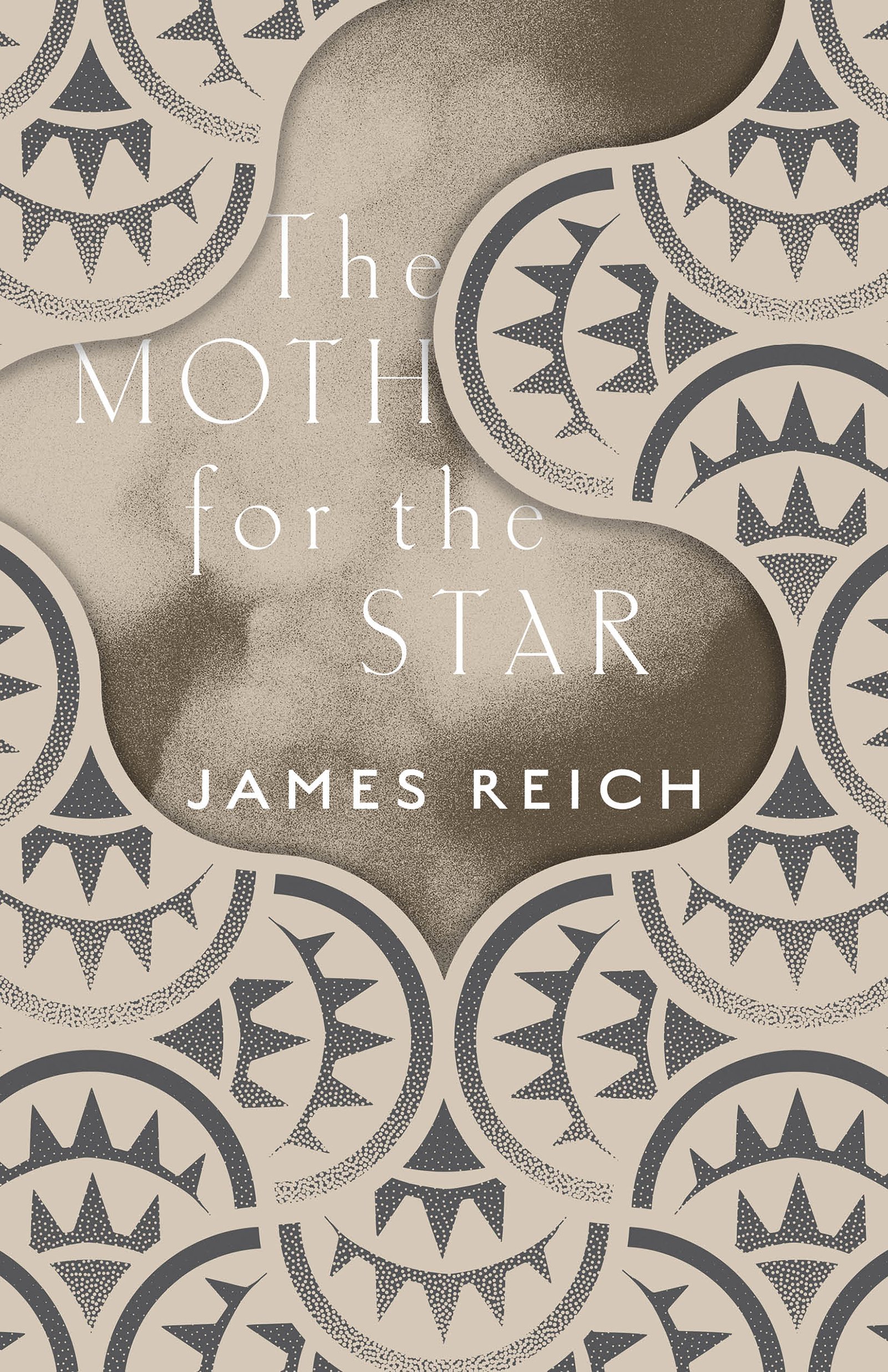5 Hot Books: A Muhammad Ali Biography, Jennifer Egan's New Novel, and More
/1. Ali: A Life by Jonathan Eig (Houghton Mifflin Harcourt)
“Float like a butterfly, sting like a bee!” The evolution of Muhammad Ali’s motto from a 1962 New Yorker article by A. J. Liebling on the young boxer then known as Cassius Clay is just one of the countless fascinating stories Eig tells in his authoritative new biography of the three-time heavyweight boxing champion. Eig, author of bestsellers on Lou Gehrig and Jackie Robinson, takes full account of Ali’s life and legendary career, from his origins in Louisville, Kentucky to his Parkinson's disease and death in 2016. In this deeply reported work, Eig unearths everything from Sports Illustrated’s taped interviews with Clay and Ali’s FBI files (largely focused on his refusal to participate in the Vietnam War) to the latest scientific research on boxing and the brain. Ali is panoramic in scope, contending not only with the boxer’s bouts in the ring – and with women – but also with the conflicts over race and religion that shaped Ali and helped him leave such a profound mark on American culture.
2. We Were Eight Years in Power: An American Tragedy by Ta-Nehisi Coates (One World)
MacArthur Genius Coates electrified readers with Between the World and Me and prompted admirers to crown him the heir to James Baldwin. The title of his new book was inspired by the words of shattered Reconstruction-era black politicians who lamented "We were eight years in power" after they were thwarted by the corrupt bargain between the nation’s major political parties that restored white Southern secessionists to power. Now Coates, a senior editor at The Atlantic, has fashioned a new kind of memoir, in which each of the book’s eloquent and previously published magazine essays, like “Fear of a Black President," "The Case for Reparations," and "The Black Family in the Age of Mass Incarceration," is prefaced by what he describes an “extended blog post.” Taken as a whole, they reflect what he describes as the “years that took me, ultimately, out of the unemployment office and into the Oval Office to bear witness to history.”
3. The Chicago Cubs: Story of a Curse by Rich Cohen (Farrar, Straus and Giroux)
Rich Cohen was eight years old when his father took him to his first Cubs game in 1976. “That team will break your heart,” Herb Cohen told his son, who fell hard for the Wrigley Field team. Being a Cubs fan has shaped Rich Cohen’s worldview, and he is fatalistic, but not unhappy. “Wobegone, befuddled, bewildered,” writes Cohen. “We are the Cubs.” When the Cubs broke their 108-year-old curse and won the World Series Championship, Cohen celebrated in Cleveland and asked: “Why? Why were the Cubs so bad for so long?” Vanity Fair and Rolling Stone contributing editor Cohen resists sentimentality and nostalgia, and his boundless curiosity and self-effacing charm elevate his story about how the storied lovable losers shook their mantle of mediocrity, and their curse.
4. Manhattan Beach by Jennifer Egan (Scribner)
While Egan’s new novel Manhattan Beach may seem more conventionally structured than her dizzyingly brilliant Pulitzer Prize-winning A Visit from the Goon Squad, it benefits, as her last book did, from her uncanny ability to key into unexpressed thoughts and emotions. Manhattan Beach opens at the World War II-era Brooklyn Naval Yard, and proceeds to follow three interconnected story lines -- and the novel’s heartbeat, Anna Kerrigan, who grows up to break gender barriers and become the Yard’s first female civilian diver. Egan limns her rich mystery with precise and abundant details about gangsters, Irish families, the history of the Yard, shipbuilding techniques, shady glamour, terror and rescue on the high seas – and New York’s identity as a seaport whose glittering skyline was blacked out in wartime.
5. Origin by Dan Brown (Doubleday)
Get ready for Origin, the new mystery-thriller from Dan Brown, whose The Da Vinci Code is one of the best-selling novels of all time. Brown is published in more than 50 languages and has over 200 million copies of his books in print, despite religious groups targeting him for his depiction of Christianity and fancy critics knocking him for serving up the literary equivalent of mac’n’cheese. Brown’s closely held new novel is expected to weave codes, history, art, and science, as is his style, but will he really make God extinct this time?










